Many institutions and academia generally rely on credentialed academicians equating credentials with mastery of a subject area. However, such assumptions fail to consider experience. Many academics gain their knowledge from books, papers and theories not continued practice. Thus, they can lack perspective. [One notable exception is that this is less relevant generally to scientific, research and medical school academia.]
I assure you that there’s nothing like a “baptism by fire” to teach you what to do and what not to do in circumstances which can change rapidly and require reflexive changes in direction and strategy. In these situations, we almost rely on “muscle memory” as it were. Those who have lived and learned, can do this. The lack of true experience puts many academics at a disadvantage – they don’t have a lived perspective to apply to their subject knowledge.
It’s not that they don’t know or understand what might or might not have occurred or why. It’s that they do so from the abstract perspective of being on the outside looking in.
They can plan and theorize but they may not successfully execute because they don’t know what it takes or what all it entails. They’ve never been in the game – perspective.
There’s power in perspective. I used to teach a business course – the same undergraduate class in the day and in the evening. When I gave real-life examples to the evening students, who were generally working during the day, it was a very engaged group because they could relate to the examples. In the day course, the examples got blank stares– this class had no perspective or reference.
A famous health economist once described a former boss of mine (a very innovative policy economist) by saying most economists identify a theory and try to make it work in practice, but my boss found what worked in practice and then looked for a theory to explain it. That is the power of perspective.
Theory comes from practice, not the other way around, and those of us that have been in practice know how it happened, why, and what it took.
I’m not saying academics don’t know the subject; however, they rarely come from the perspective of having done it. We should weigh such academic’s advice or we risk wasting an opportunity to find what works.
Featured news
Ted’s Take: Errors in formulas and what it means for AI
Spinach is the best source of iron. I’ve understood this for decades now. As I ate more and more healthy foods, I’d choose spinach salads because of the “great” nutritional value, particularly iron.
Ted’s Take: An ounce of prevention
They stay an ounce of the prevention is worth a pound of cure. Isn’t it the truth.
How physicians are paid
Despite a growing need for general practitioners, the Medicare system is not helping with this shortage given the maldistribution of reimbursement between general medical providers and surgeons and other specialists.

Jayne Koskinas Ted Giovanis
Foundation for Health and Policy
PO Box 130
Highland, Maryland 20777
Media contact: 202.548.0133


